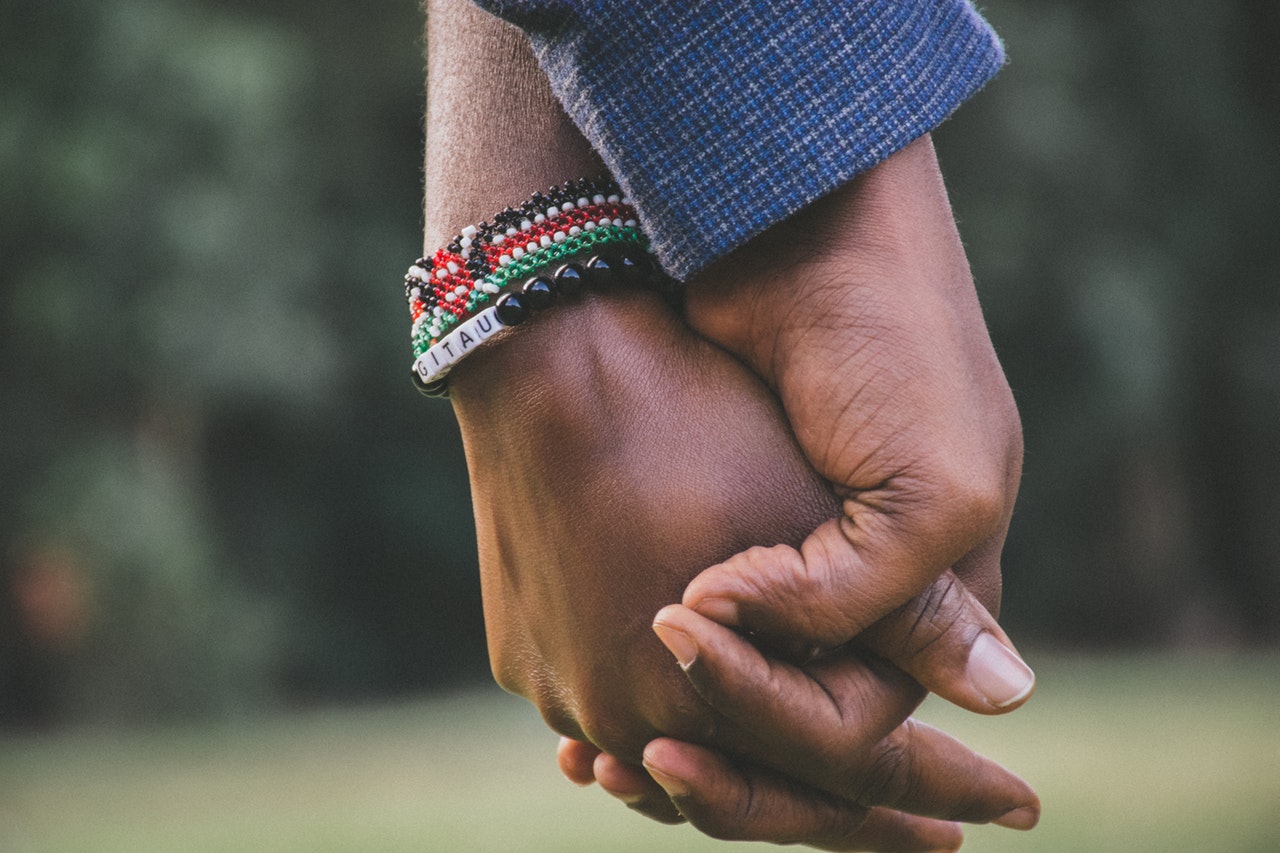Does Unconditional Love Make Healthy Relationships?

The idea of unconditional love in relationships is a noble one. Each of us wants to be loved as we are, without conditions, and to see ourselves as capable of bestowing unconditional love on our partners. However, this type of love, in its narrowest definition, is difficult, if not impossible.
The Meaning of Unconditional Love
Part of the problem with unconditional love in relationships is the lack of understanding of what it means. Most of us will think of a parent’s love for a child, or a child’s love for a parent, as unconditional love. This type of love depends on nothing other than the familial bond and doesn’t break down based on what the child or parent does—at least in an ideal scenario.
In the purest sense, unconditional love is about caring about the happiness of another person without any concern for how it benefits you. Research tells us that the parts of the brain that light up during unconditional love are similar to those involved in romantic love and maternal love, and are linked to the brain’s reward system. This suggests that unconditional love may be rewarding without receiving anything in return.
Unconditional Romantic Love
The question becomes whether adults in relationships can also show each other this type of unconditional love. To feel safe in a relationship, it makes sense that you need to feel as though the other person is not going to abandon you based on a whim. You need to know that person is committed to loving you unconditionally no matter what the future brings.
The problem is that this definition in romantic relationships can break down under numerous conditions and for good reason. As much as you might love an alcoholic, a liar, or a cheater unconditionally, this isn’t healthy for you as a person. This means the definition of unconditional love in romantic relationships needs to be expanded a bit. For love to continue, there must be mutual respect, not an attitude of your partner that “you will put up with me, no matter what I do.”
Unconditional Positive Regard
This brings us to the topic of unconditional positive regard, probably a closer approximation of what we mean by unconditional love in relationships. In this sense, unconditional love doesn’t mean always giving people what they want or always accepting what they do, at the expense of your own needs.
Instead, it is a mature type of love that means treating the other person with love and respect, even while maintaining your boundaries and protecting yourself. Whereas the immature version of unconditional love would have you feeling as though you must be everything to the other person, the mature version has you recognize that your only obligation, in the face of the other’s behavior, is to communicate your message with love and respect.
This means being attentive and attuned, even while you are setting limits and boundaries. It also means honoring the requests of others when you are able to do so without harming yourself.
It means not being harsh or dismissive, as this does not lead to compromise or solutions. At its core, this is assertiveness—letting the other person know where you stand so that together you can work out the best outcome for the two of you together.
By Arlin Cuncic
